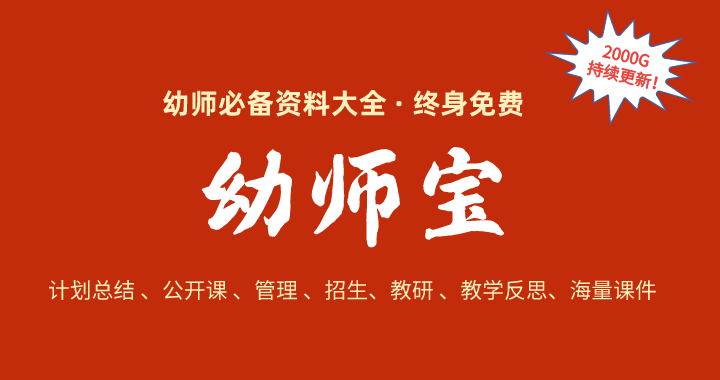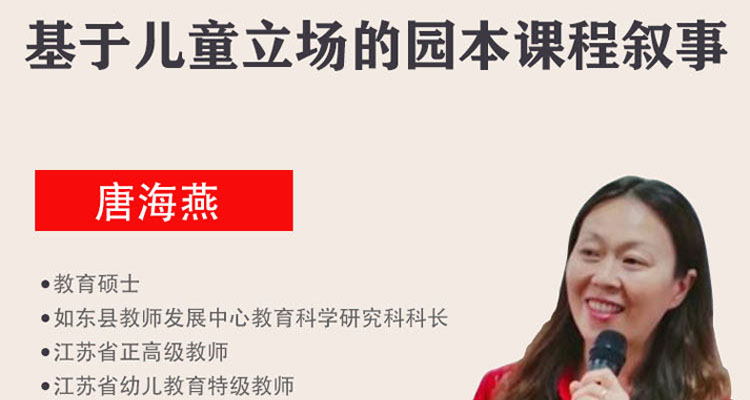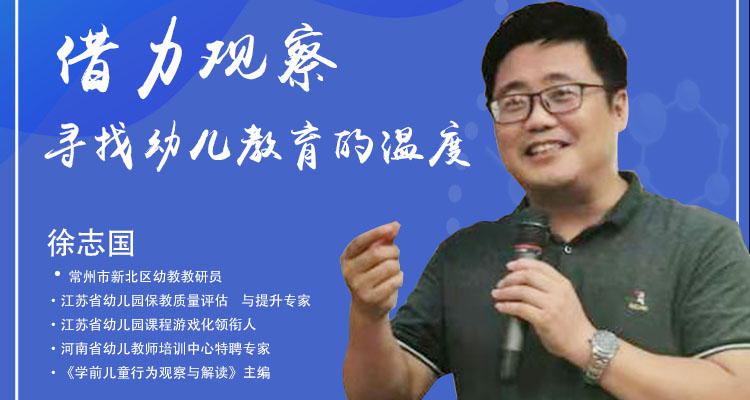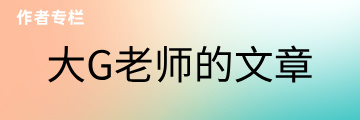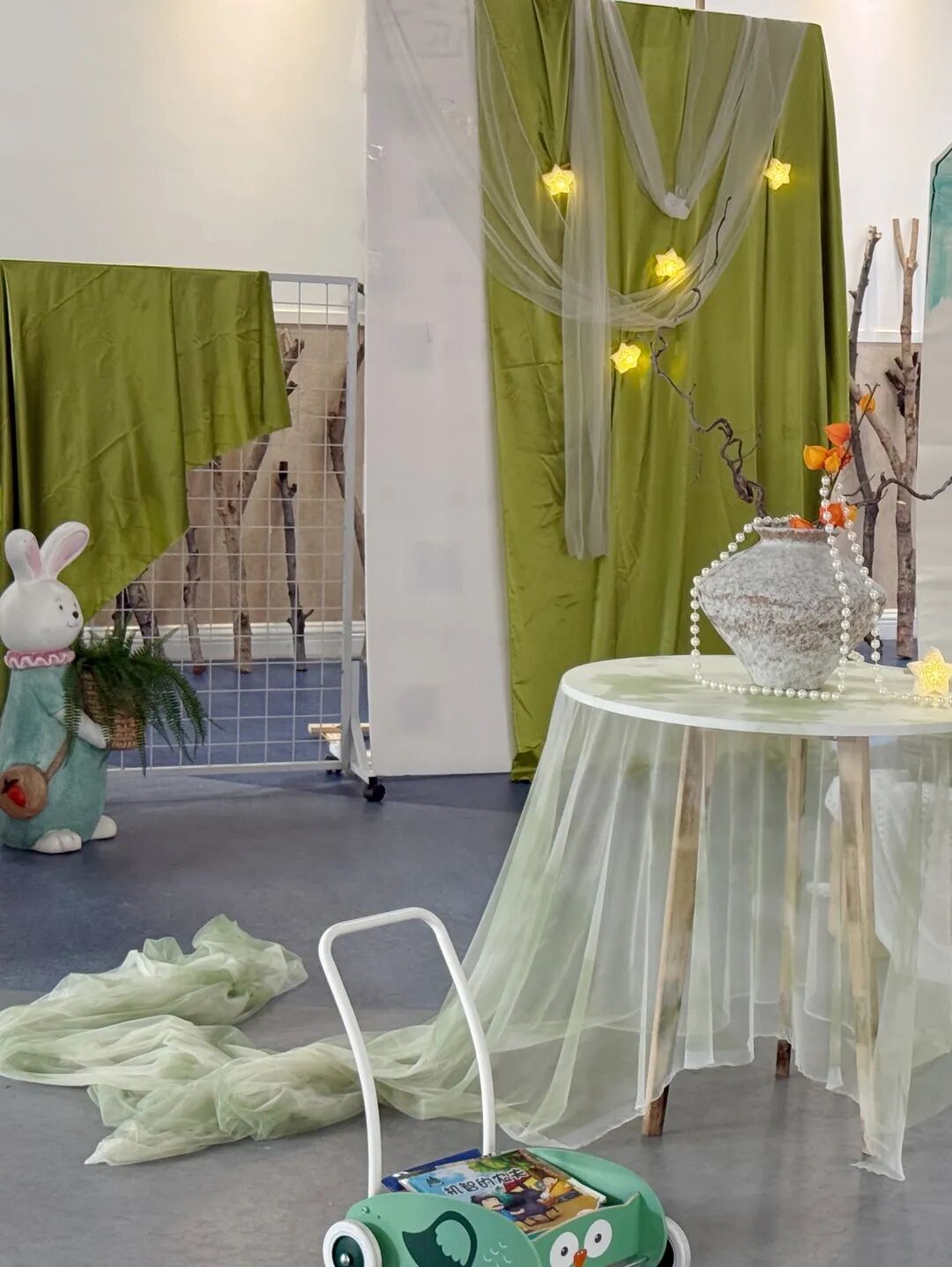一个美好而诗意的节日,应为我们所记忆,培基幼儿园师生们穿上最美的汉服,在上巳节时,感自然春风化雨生万物之恩,祈福禳灾以求福气满满。
A beautiful and poetic holiday should be remembered by us. The teachers and students of Peiji Kindergarten wear the most beautiful Hanfu, and during the Shangsi Festival, they feel the grace of nature, the spring breeze, the rain, and the birth of every thing, praying for blessings and avoiding disasters.
中华传统节日上巳节在每年的农历三月初三,这是一个纪念黄帝的节日。相传三月三是轩辕黄帝的诞辰,中原地区自古有”二月二,龙抬头;三月三,生轩辕”的说法。魏晋以后,上巳节改为三月三,后代沿袭,遂成水边饮宴、郊外游春的节日。“上巳”最早出现在汉初的文献。据记载,春秋时期上巳节已在流行。三月三上巳节与九月九重阳节相对应,正如汉刘歆《西京杂记》称:“三月上巳,九月重阳,使女游戏,就此祓禊登高。”一个在暮春,一个在暮秋,踏青和辞青也随之进入高潮。,这一天同时也是一年一度的中国华服日。我们希望在这样一个具有浓厚传统文化氛围的日子里,让全园师生能够了解并体验上巳节的文化习俗以及其余中华优秀传统文化,感受其博大精深,更深入了解国学的经典知识,增强民族自尊心、自信心与自豪感,展现爱国情怀。
The traditional Chinese festival Shangsi Festival falls on the third day of the third lunar month every year, which is a festival commemorating the Yellow Emperor. According to legend, the third day of the third month is the birthday of Emperor Huangdi of Xuanyuan. In the Central Plains region, there has been a saying since ancient times that “on the second day of the second month, the dragon rises; on the third day of the third month, Xuanyuan has born”. After the Wei and Jin dynasties, the Shangsi Festival was changed to March 3rd, which was followed by generations and became a festival for drinking and feasting by the water and spring outings in the suburbs. Shangsi “first appeared in early Han literature. According to records, the Shangsi Festival was already popular during the Spring and Autumn period. On the third day of the third month, the Double Ninth Festival corresponds to the Double Ninth Festival, as stated in Liu Xin’s “Miscellaneous Records of the Western Capital”: “On the third day of the third month, the Double Ninth Festival in the ninth month, the maidservants play and ascend to the heights.” One is in late spring, the other is in late autumn, and the outing and farewell to the youth also enter a climax., This day is also the annual Chinese Costume Day. We hope that on such a day with a strong traditional cultural atmosphere, all teachers and students in the park can understand and experience the cultural customs of the Shangsi Festival and other excellent traditional Chinese culture, feel its vastness and profundity, gain a deeper understanding of the classic knowledge of Chinese culture, enhance national self-esteem, confidence, and pride, and showcase patriotism.
培基望京园的老师们给大家带来了一场精彩以一场别开生面的《舞狮》为本次活动热闹开场,瞬间点燃气氛!!
舞狮队老师们随声而动,或腾跃飞奔,或穿梭盘旋,一招一式,吸引着孩子们的目光。英姿飒爽的“雄狮”,活力无限的童萌们,不正是春天最好的注脚吗?
The teachers of Peiji Wangjing Garden brought a wonderful event to everyone, with a unique “Lion Dance” as the lively opening of this event, instantly igniting the atmosphere!!
The teachers of the lion dance team follow the sound, either jumping and running, or shuttling and circling, each move in one move, attracting the children’s attention. Isn’t the heroic “lion” and the energetic and adorable children the best footnote to spring?
祓禊祈福
祓禊,唐宋时流行泡温泉,以前是在水边河边沐浴,用兰草洗身,用柳枝沾花瓣水点头身的仪式,为去灾祝福之意。今天老师们用浸泡兰草的水,清点在小朋友的手上和身上,寓意去病去灾祝福之意。
Fuxi praying for blessings
During the Tang and Song dynasties, it was popular to soak in hot springs. Previously, it was a ritual of bathing by the riverbank, washing oneself with orchid grass, and nodding with willow branches dipped in petal water, in order to bless disaster relief. Today, the teachers used water soaked in orchids to count on the children’s hands and bodies, symbolizing the blessings of getting rid of illness and disasters.
看!老师和小朋友们正体验古时春秋战国时期的“投壶”趣味小游戏,。春秋战国时期,诸侯宴请宾客时的礼仪之一就是请客人射箭。后来,有的客人确实不会射箭,就用箭投酒壶来代替,久而久之,投壶就成为了宴饮时的一种游戏。
Look! Teachers and children are experiencing the fun little game of “throwing pots” from the ancient Spring and Autumn and Warring States periods,. During the Spring and Autumn period and the Warring States period, one of the etiquette for feudal lords to entertain guests was to invite them to shoot arrows. Later, some guests did not know how to shoot arrows, so they used arrows to throw wine bottles instead. Over time, throwing wine bottles became a game during banquets.
拔河—拔的是一种精神,拔的是团结一心的一种潜力凝聚力,孩子们都拼尽全力,愿你们从小明白团结合作的精神重要性,一条绳,向一,一条心,结果不重要,重要的是你们拼劲全力的样子真美。
Tug of war – – tug of war is a kind of spirit, tug of war is a potential of unity and cohesion. Children are all working hard. May you understand the importance of unity and cooperation from a young age. One rope, one direction, one heart, the result is not important, but the beauty of your hard work.
高跷,我国传统的民间体育游戏。踩高跷不仅可以发展幼儿动作的平衡能力,提高身体的协调性,还能发展幼儿团结协作和竞争意识。踩高跷技艺性强,形式活泼多样,深受小朋友们的喜爱。
Stilts, a traditional folk sports game in China. Walking on stilts can not only develop children’s ability to balance their movements and improve their physical coordination, but also develop their sense of unity, cooperation, and competition. Walking on stilts is highly skilled, with lively and diverse forms, and is deeply loved by children.
纸伞:纸伞又称油纸伞,是中国传统手工艺品,起源于中国,多纸制或布制,有近千年的历史。孩子们亲手在纸伞画出属于自己的艺术作品,表达自我艺术个性,亲身体验传统文化艺术创作的乐趣。。
Paper Umbrella: Paper umbrellas, also known as oil paper umbrellas, are traditional Chinese handicrafts that originated in China. They are mostly made of paper or cloth and have a history of nearly a thousand years. Children draw their own art works on paper umbrellas, express their artistic personalities, and experience the joy of traditional cultural and artistic creation firsthand.
书法活动不仅培养孩子们对书法的兴趣,提高审美能力,更让孩子们静心养气,有益于身心健康发展。唤醒了孩子们的手写乐趣,提高幼儿的思考能力,寻找中华文化调动了幼儿参与的积极性。让每一个小朋友切身感受书法艺术的魅力,吸收传统文化精髓知道了中华文化的博大精深,提高了对文化瑰宝的热爱。
Calligraphy activities not only cultivate children’s interest in calligraphy and improve their aesthetic abilities, but also allow them to calm down and nourish their energy, which is beneficial for their physical and mental health development. It has awakened children’s enjoyment of handwriting, improved their thinking ability, and mobilized their enthusiasm for participation in the search for Chinese culture. Let every child experience the charm of calligraphy art firsthand, absorb the essence of traditional culture, understand the breadth and depth of Chinese culture, and enhance their love for cultural treasures.
春景,春情,春物,春事四时之景。此时,最美传统节日是中华文化的瑰宝,每一次复原就是一次心底的追溯,一份内心认同的深入学习。
Spring scenery, spring emotions, spring objects, and the scenery of four seasons in spring. At this time, the most beautiful traditional festival is a treasure of Chinese culture, and every restoration is a deep tracing of the heart and a deep learning of inner identity。
培基幼儿园将传统节日与幼儿园教育活动相融合,让幼儿在五大领域的学习中与传统对话,与文化对话,有所为,有所得,有所劳,有所获,有所悟,有所成。
Peiji Kindergarten will celebrate traditional festivals Integrating with kindergarten educational activities Enable young children to learn in five major areas Dialogue with tradition and culture Something done, something gained, something worked Achieve something, realize something, and get something.
扫描下方二维码
了解更多
望京园 Baston.Hope Kingdom:
(010) 64739197 64733884
太阳园 Baston.Sun Palace:
(010) 84413316 84413326
无限园 Baston. Infinity Plaza:
(010) 85738380 85738379
欧陆园 Baston.European Land:
(010) 58236013 59273452
绿城园 Baston.Green Town:
(010) 89316473 89316474
华溢园 Baston.Brilliant City:
(010) 59214810 59214820
首创园 Baston.Creation Square:
(0354) 2516655
培懿园 Baston.Virtue Garden:
(0754) 82772212 82772216
御景园 Baston.Empery Garden:
(0316) 2128662 2128379

